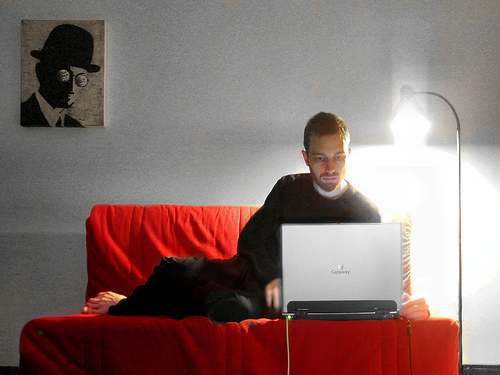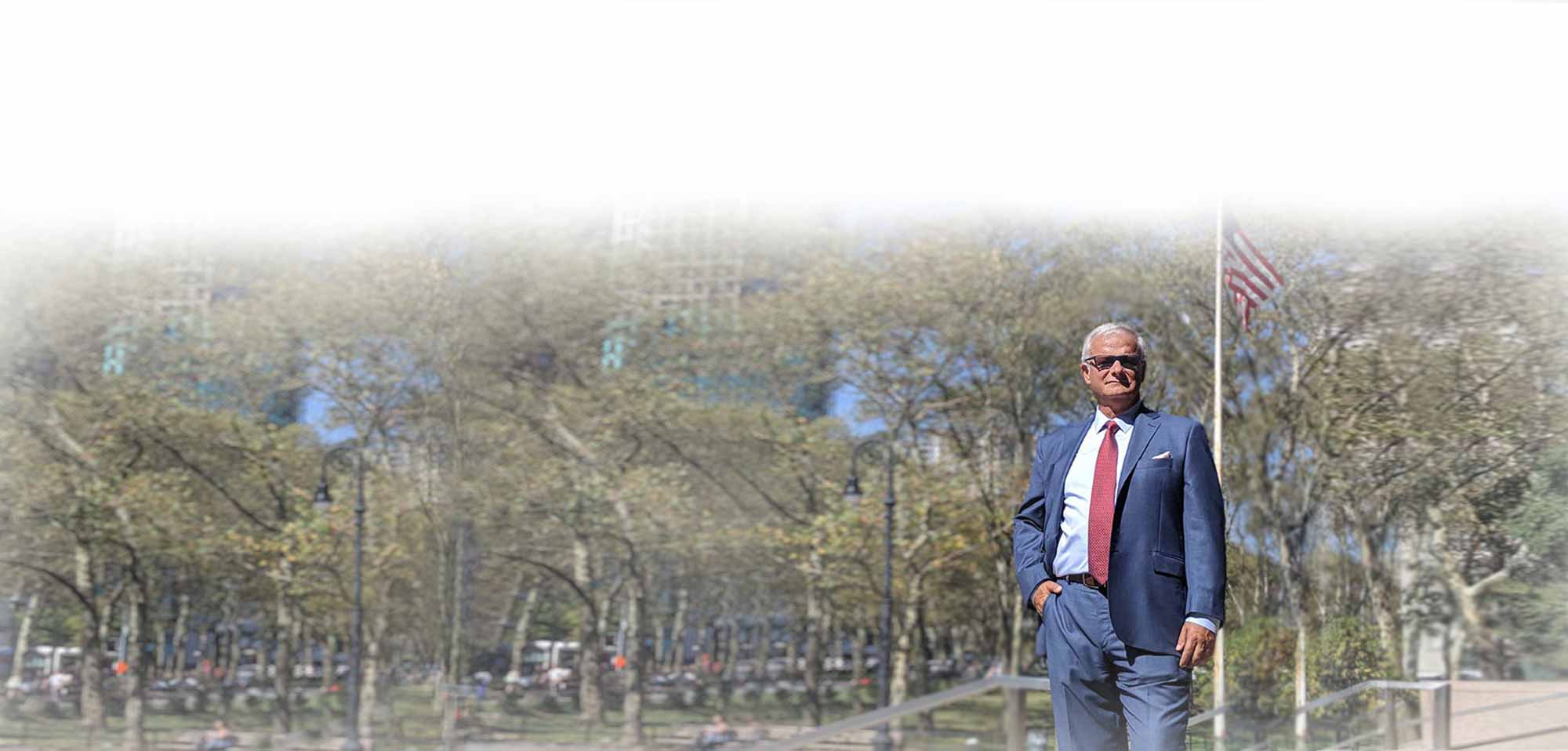
There’s a lot of legal jargon out there, and thanks to the widespread use of social media, news outlets, and crime dramas more and more Americans are being exposed to it on a regular basis. One term you may not have encountered before is “premises liability”. If you’re a landlord or a tenant, this is one term you may want to get better acquainted with.
Here’s what premises liability can be boiled down to: individuals have a reasonable expectation of not being injured when on someone’s property; therefore, property owners or residents have a duty to maintain a relatively safe environment.
In some states, the court will focus on the status of the injured visitor in determining liability. In other sates, the focus will be on the condition of the property and the activities of both the owner and visitor. When talking about the status of the injured visitor, it means whether or not the visitor was invited onto the property (a guest with a legitimate reason to be there) or a trespasser.
Just because someone is a trespasser (has no legitimate reason to be on the property) doesn’t mean the owner or occupant is off the hook when it comes to premises liability. If the owner knows that there’s a good chance trespassers will be on the property, he or she may have a duty to warn trespassers about the potential for injury unless the condition is apparent.
When it comes to a premises liability suit, numerous specific factors will be examined including:
- How the individual entered the property.
- How the property was used.
- How foreseeable the accident or injury was.
- How reasonable it would have been for the owner or occupant to repair the condition(s) that led to injury or to warn visitors.
Premises liability can apply to a variety of relationships such as a store and a customer or a homeowner and a party guest. However, when it comes to landlords and renters there are some special rules. It’s important that potential tenants or renters be aware of these rules. The general rule holds that a lessor [landlord] is not liable to a lessee, or anyone else, for physical harm caused by a condition on the property. This general rule is based partially on the lessor’s presumed lack of control over the property once it is leased.
As with most rules, there are exceptions. If the following are proven, a landlord may be held liable (nolo.com, n.d.):
- The landlord knew of the condition when the renter/lessee took possession of the property.
- By agreement, it was the landlord’s responsibility to maintain the condition that caused the accident (ex. a stair railing in a common area of an apartment building).
- Fixing the condition or providing warning would not have been unreasonably expensive or difficult.
If you or a loved one were injured on someone else’s property, the best way to find out if you have case or better understand what your options are is to consult with a lawyer who specializes in premises liability cases.
Photo Credit: striatic viaCompfightcc
Sources: http://www.nolo.com/legal-encyclopedia/tenant-injuries-landlord-liability-insurance-faq-29052.html
